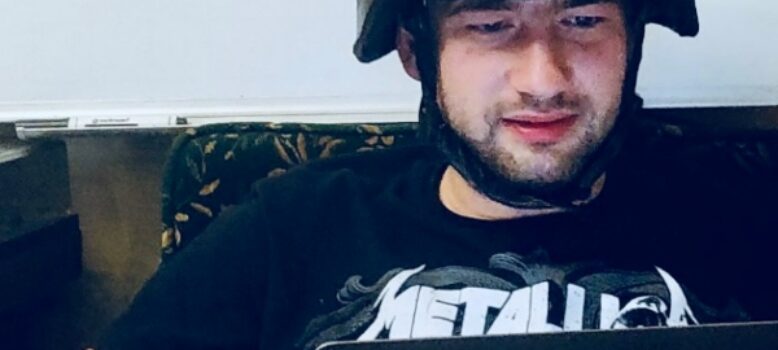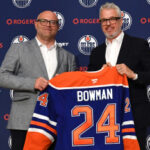
Illia Ponomarenko And The Lost Art of Being An Actual Journalist

If there is one thing that annoys me about the western media, it’s the journalists.
And no, it isn’t because of fake news or bias reporting. Those are the symptoms, not the disease. The underpinnings of everything wrong with journalism is much more subliminal, and a lot more consequential.
In this era, wanna-be journalists are strickened with the granddaddy of first dominos – entitlement. They refer to journalism as an industry. They think clickbait headlines are more important than breaking a story. They covet their own byline, constantly checking the analytics on their latest contribution. But the most conspicuous symptom of a dying press is that most full-time journalists dismiss citizen journalism out-of-hand. They look down on those who are technically not qualified to be a journalist, even if those amateurs do more legwork than they do.
Blackballed welcomes Ukraine's top war correspondent @IAPonomarenko https://t.co/cjuJp6vCGb
— Crier Media (@thecriermedia) May 16, 2022
Yesterday I had the opportunity to speak with Illia Ponomarenko, widely considered to be Ukraine’s best war correspondent, and some of my faith in journalism was restored. I invited Ponomarenko to the Blackballed podcast to get a first-hand account of the impact of war in Ukraine, but walked away longing for Canadian journalists to be more like him.
“I see journalism as a public service,” Ponomarenko said.
I have to admit, I was a little taken aback to hear him say that. I’m just not used to hearing journalists speak like that. When I asked him if there was any difficult choices a journalist has to make when covering a war in his own country he didn’t have to search for the answer.
“As long as I adhere to the truth, I know I’m doing my job.”
Who is this guy? Why is he talking like this? And why is hearing a journalist speak about ethics and responsibility hitting my brain, and my heart, in that sweet spot?
Ponomarenko is a journalist’s journalist. During the podcast I also had Alex Dayrabekov as a guest. Dayrabekov has been a regular fixture on the Dean Blundell Show as the network’s man on the ground in Ukraine. He began documenting the human toll of the Russian invasion and became a citizen journalist of sorts, providing an unfiltered perspective of what every day Ukrainians are experiencing.
Russia is rapidly retreating near Kharkiv AND at the same time broadcasting regional radio addresses calling that the Ukrainian military surrender for the better.
Don’t ask me how come those things go together. pic.twitter.com/yUkoprM4ae— Illia Ponomarenko 🇺🇦 (@IAPonomarenko) May 15, 2022
And then I noticed something beautiful. While Dayrabekov was speaking about not being a trained journalist but still trying to document an unfiltered account of the conflict, he sounded a lot like Ponomarenko. The overlap between that seasoned veteran and the amateur journalist was their mutual appreciation for truth and how that truth protects the integrity of their country.
Jesus, I basically swooned when I listened to them speak. I was a jaded, western, freelance journalist for nearly two decades, and I have never heard journalists sound so idealistic. Western journalists are trained to be dismissive, cantankerous, entitled, and even ruthless. They don’t care about the stories they write as much as they care about the page views. If a citizen journalist in Canada was doing a better job at reporting a big story, they would attempt to manipulate that citizen journalist into giving them the story, maybe promising them a shared byline, only to keep the story to themselves and view the amateur journalist as a source instead.
Day 83. Greatest news – Azovstal warriors evacuated after 2.5 months of heavy combat in Mariupol pic.twitter.com/q6zKPQDLLj
— 🇺🇦Alex Dayrabekov (@Dayrabekov) May 17, 2022
I have only had one conversation with Ponomarenko, but I can’t imagine his ego would overpower his ethics. He praised Dayrabekov’s work, and the impact of a household name complimenting the efforts of a person who is motivated by helping his country, rather than focusing on tearing that person down, can’t be overstated.
Both of these journalists represent the bookends of the industry; a professional who still values integrity on one end, a novice independent who values the truth on the other end. That’s the good stuff right there.
I ask again, how can you not be romantic about journalism?









